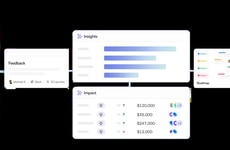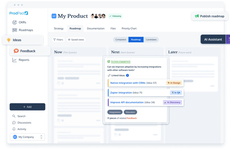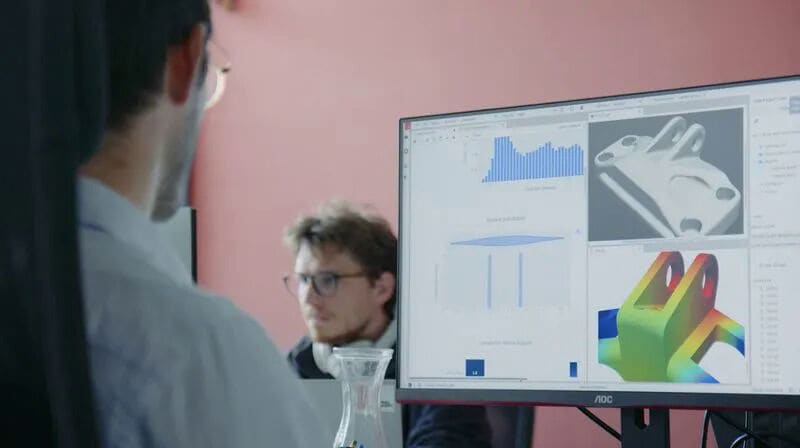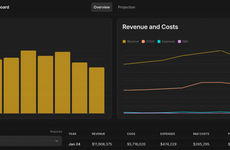
Neural Concept’s Engineering Intelligence Platform is Advanced
References: neuralconcept
Neural Concept’s Engineering Intelligence platform offers an innovative approach to product development by combining 3D AI-driven design with deep-learning simulation capabilities. Its compatibility with a wide range of CAD and CAE tools — such as Solidworks, Abaqus, and Ansys — ensures seamless integration into existing workflows. This platform supports industries across various domains, including aerodynamics, thermal management, electromagnetics, and manufacturing.
By fostering collaboration between data scientists and engineers, Neural Concept’s Engineering Intelligence platform accelerates product development timelines and enhances innovation. It offers interactive 3D visual feedback, collaborative tools, and a large language model guidance that will enable engineering teams to conceptualize, validate, and refine designs more efficiently. Neural Concept claims its tools can reduce design-to-market timelines by up to 75%, an appealing prospect for organizations under pressure to deliver superior products quickly.
Image Credit: Neural Concept
By fostering collaboration between data scientists and engineers, Neural Concept’s Engineering Intelligence platform accelerates product development timelines and enhances innovation. It offers interactive 3D visual feedback, collaborative tools, and a large language model guidance that will enable engineering teams to conceptualize, validate, and refine designs more efficiently. Neural Concept claims its tools can reduce design-to-market timelines by up to 75%, an appealing prospect for organizations under pressure to deliver superior products quickly.
Image Credit: Neural Concept
Trend Themes
1. AI-driven Design Innovations - The use of AI-driven 3D design tools allows for faster iteration and enhances creativity in product design processes.
2. Deep-learning Simulation - Deep-learning simulation technologies provide engineers with accurate predictions and insights, reducing the need for costly physical prototypes.
3. Collaborative Product Development - Platforms enhancing collaboration between engineers and data scientists can significantly cut down on product cycle times and improve market responsiveness.
Industry Implications
1. Aerospace Engineering - Within aerospace, advanced simulation and design tools offer precise aerodynamics and thermal management solutions, improving vehicle performance and efficiency.
2. Manufacturing - Manufacturing industries benefit from engineering intelligence platforms by streamlining product development and reducing time-to-market.
3. Electromagnetic Systems - Electromagnetic system design can be greatly improved by leveraging deep-learning simulations to optimize performance and innovation.
8.4
Score
Popularity
Activity
Freshness























